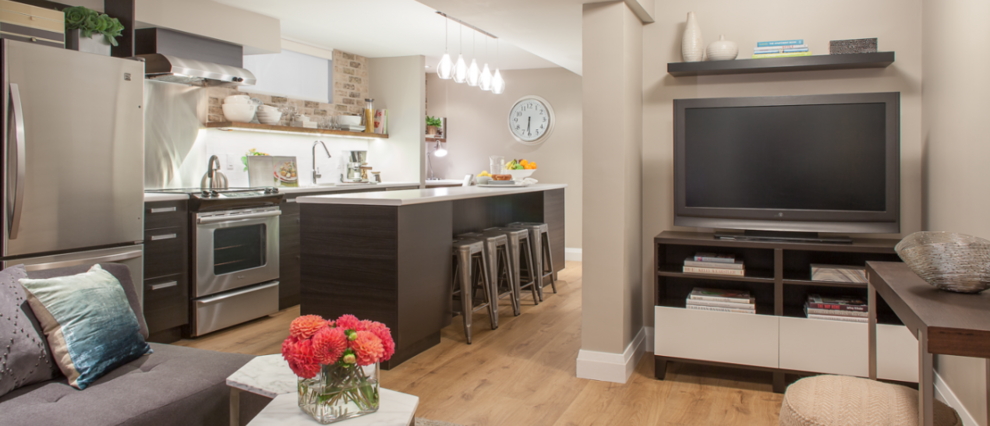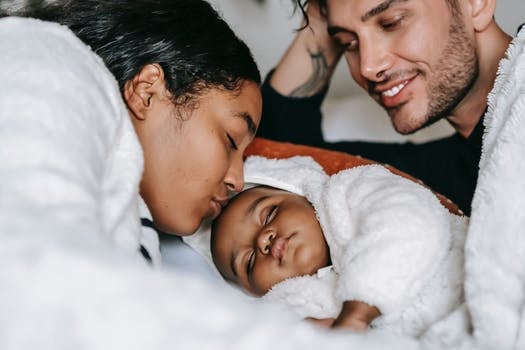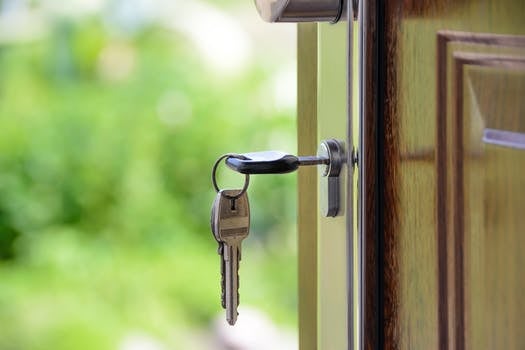Deposits for new homes (PRE SALES)
For new homes, the deposit is usually payable directly to the builder, and held “in trust” by the builder’s lawyer. Builders who are selling “pre-construction” homes may also require higher deposits than normally paid for re-sale properties. This allows the builder to use the money toward ongoing construction costs.
A presale is when a condo developer sells the suites of the development before it has been completely built and often before construction has even begun. You, the buyer, purchase the right to the future property. While ultimately you are responsible for paying the full purchase price, you do not have to take out a mortgage on the property immediately but are only responsible for a deposit. This deposit usually ranges from 5 to 10% of the purchase price at the time you buy, with another 10 to 15% paid in installments over the course of construction. The developer does not gain access to this deposit money, which is held in a trust account, until completion. If the developer does not follow through with the construction project, the full deposit will be returned to the buyer.
Deposit protection and warranties
Currently, in British Columbia, Alberta, Ontario and Quebec, all newly constructed homes and condominiums must be enrolled in a New Home Warranty Program. In all other Provinces and the Territories, new home warranties are optional.
In addition to setting specific guidelines for how builders must deal with purchasers, the most important part of a new home warranty program is the insurance plan. This protects purchasers from having to live in an unfinished or structurally defective home if the builder is unable or unwilling to complete the work that needs to be done. It also protects purchasers from unauthorized substitutions of materials, and from losing their deposits up to a specific amount (depending on the jurisdiction) if the builder goes bankrupt.
Under British Columbia’s Homeowner Protection Act, administered by the government’s Homeowner Protection Office, homes built by licensed residential builders are covered by mandatory, third-party home warranty insurance. As a minimum, this coverage includes 2 years on labour and materials, with some limits, 5 years on the building envelope and 10 years on structure. The warranty is attached to the home, not to the owner of the home, and remains in effect upon the re-sale of the home until the coverage expires. For more information, visit the BC
Homeowner Protection Office.





